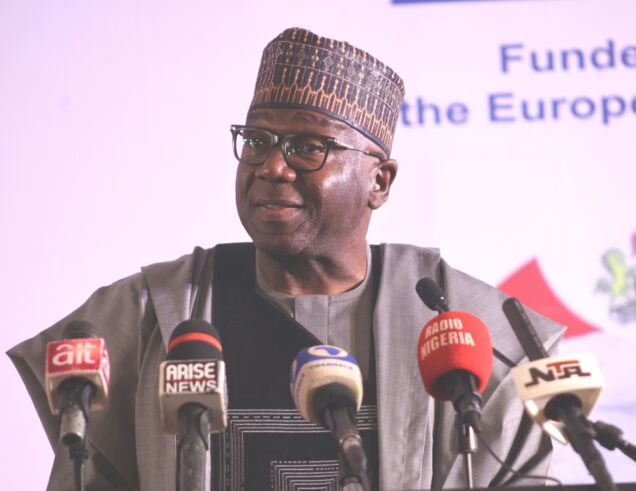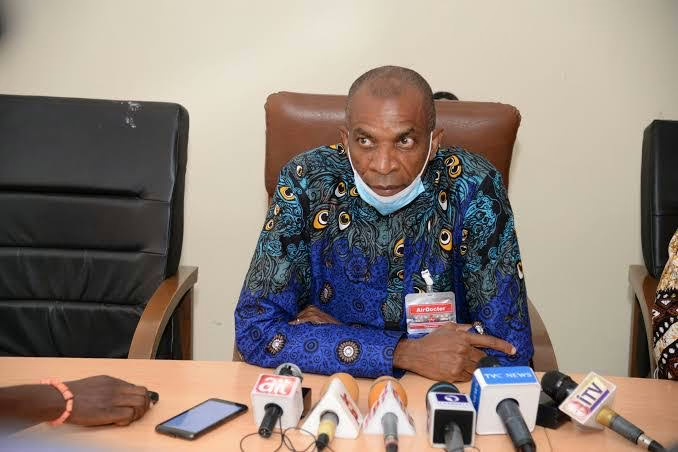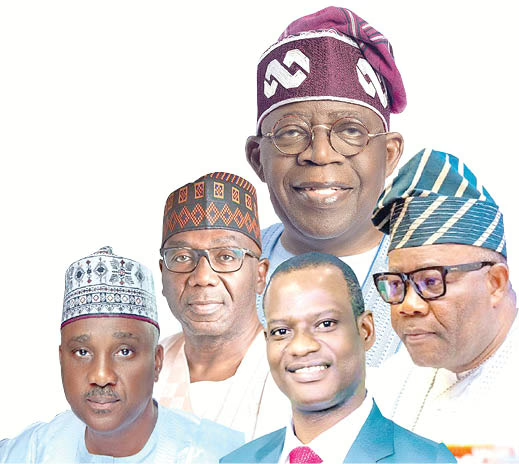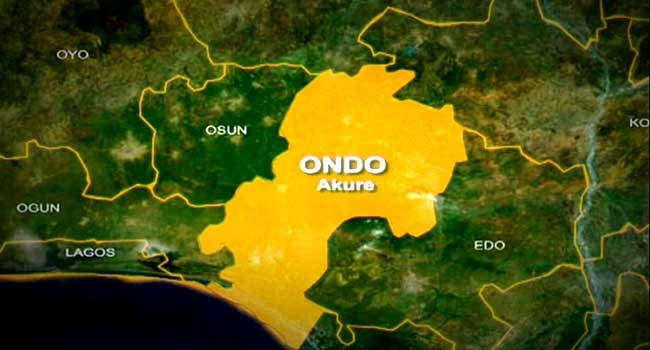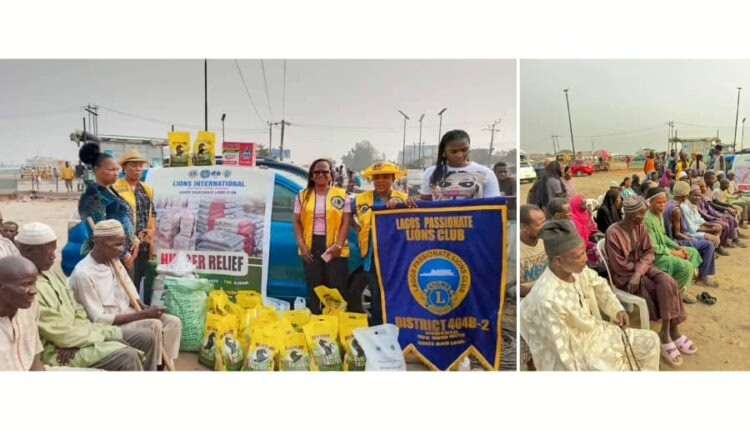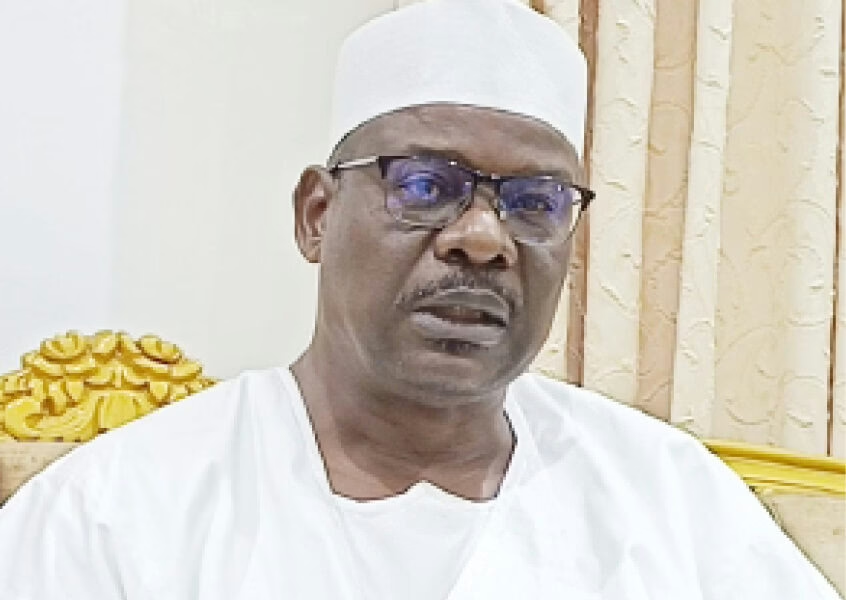There is a season for everything. The season for the yuletide is here; so is the season for how public money will be spent next year. This is the season for anger because of hunger. It is also the season for Budget 2024 at the federal and state levels but not for the local governments. The annual budget has always been a ritual, raising hopes when presented but dashing hopes as the year wears out. Nobody seems to worry or care about the achievements of the outgoing budget but is eager to know the priorities in the new budget. That is why many contractors collect money for jobs not done and go unperturbed despite oversight functions by the National Assembly and even some NGOs. Things have to change if Nigeria’s development trajectory is destined for change.
Sometimes, if not all the time, we are more interested in the beginning of events, not the end. That is because there seems to be no follow-up or reports as things progress or change. Over the weekend, virtually all the media reported the delivery of the first batch of crude oil to the Dangote refinery. It should not end there. We need to know when the refined petroleum starts coming out and flowing into the Nigerian market rather than the foreign market in preference of dollar to naira by the firm.
The same goes for the transparency in budget delivery. Since the removal of fuel subsidy, the states have been receiving higher monthly statutory allocations from the Federal Government which should be reflected in what they have been doing and in the budgets being presented for 2024. They were given special funds as palliative care for the global economic crisis and there have been great differences in the way the funds were used or disbursed. There is nothing wrong with such differential or but the disbursements or distributions in many cases lack transparency and accountability. One can see very clearly how responsible the North-East governors, particularly the government in Bornu and Yobe states, were in implementing the palliatives while their counterparts in the South, especially in the South-West, collected and fixed the funds in some banks to generate interest, part of which they now disbursed with fanfare and praise-singing after some would-be beneficiaries had died through hunger or suicide and some businesses folded up.
At this country’s present level of development, the demands of Nigerians are not much and that is because governments have not been held accountable for desired development. The needs of Nigerians are referred to in economics as basic needs which are food, water, good roads, well-organised transport system, shelter, good and affordable schools and health services. That was what Lateef Jakande did in Lagos State between 1979 and 1983 which earned him in deference to being a true Awolowo follower. At the central level, we can add electricity, highways and functional tertiary institutions for deserved manpower development.
In many newspapers and electronic media, virtually every week, we see classrooms without furniture or even without roofs, students sitting on blocks or on the floor to receive lectures. Even during election periods when we use schools as voting centres, many of such schools portray sorry sights that do not befit the status of Nigeria. Governors, legislators and other government officials go to those centres without any atom of shame! And, we know that every year money is voted for education. Sometimes education is regarded as a priority in the budget proposals as is the case with some states and the Federal Government in their 2024 budget proposals. And, legislators and some NGOs do go for oversight functions on budget implementation.
On health, there are primary health centres and general hospitals without medical personnel and common drugs. The sight of some of the buildings can further compound the health challenge that takes you there, and entering the building would deaden your sickness. In many general hospitals, the good buildings, newly painted buildings and other facilities like generators, bedding, and physiotherapy equipment are donations from individuals and/or group of people, organisations and local or multinational NGOs in the areas of health. Yet, there will be allocations for health in every annual budget.
On entering some states, you drive on good roads and feel that is how all the roads are in the urban centres or state capital. But by the time you get into the town, which we erroneously call city, the internal roads can ground your vehicle if not well maintained. One can then imagine what happens to rural roads. Farmers’ produce is stuck on the farms or roads to and from the farms, getting rotten and discouraging the farmers from producing more in the next season. In most cases, roads constructed never last two rainy seasons before they are washed away. In many parts of the South-West, we still drive on roads constructed by the Obafemi Awolowo government of the 1960s. And they were not made of concrete or iron. They were just quality roads well supervised. Every budget year, huge funds are allocated to infrastructure, a large chunk of which is for road maintenance and construction.
Infrastructure is the main pot of soup for politicians. One understands that even the legislators, particularly from the Senate, the House of Representatives and state Houses of Assembly get contracts for road construction in their constituencies but they hardly execute the contracts. Oversight function would never take their colleagues to such sites and the NGOs concerned with infrastructure operate or are functional mainly in Abuja and Lagos. Some inter-state roads are recorded as dual carriage roads in the books in Abuja but remain narrow double-lane on the ground, causing congestion and accidents. Many of them are in Ogun State where I reside.
Agriculture seems to be taking a back seat in current budget presentations. The country is now a major importer of food and foodstuff. The farmers are on their own with the traditional implements. Traders or smugglers are groaning that the borders are shut as if the goods they want to smuggle in were produced in the neighbouring countries. The major imports through the borders are rice and vehicles and they are products from outside Africa. However. the government is also encouraging the smuggling of agricultural produce and products by not assisting farming and farmers in their budgets.
Of course, in some northern states, agriculture still has deep roots in budgets but not in large part of the South. In the South-West particularly, the foundation laid by Awolowo in creating agricultural settlement farms ought to have been reactivated and modernised as the model for private farms if only to produce rice, cassava, maize, tomatoes and pepper with the government also encouraging joint ventures in agro-allied small and medium scale industries to process the farm outputs. It is in the same South-West that if pepper and tomatoes are not brought from the North, they start groaning. What a shame!
In Nigeria in the 21st century, we still see children and adults carrying buckets around looking for where to fetch water for domestic use! Is water not part of the social and physical infrastructure? There is allocation for water and sanitation in budgets every year, yet public water is not available. In some urban areas, private water tankers or private boreholes are the main sources of water supply. The public taps we used to have some 30 years ago have either been discontinued deliberately or just forgotten.
Every year, the country is gripped with the fear of flooding from water released from some dams in neighbouring countries. In a progressive and proactive country, such flood water would have been converted into domestic water sources for public use through the construction of some forms of scalar dams. Such action would have saved the country, or the states concerned, the agony of making provisions for displaced people, taking care of health challenges arising from the flooding and looking for water for domestic use yearly. We keep the housing scheme for another time.
It is high time the legislature, in its consideration of the State budgets, made sure the budgets are tailored towards meeting these basic needs of the people. Priorities should be given to these basic needs and in the oversight functions, they should make sure that the projects are implemented. The NGOs and even the public, particularly the various media, must show more interest in reporting budget implementation. More appropriate though, budget proposals must contain, in figures, achievements of the outgoing year’s budget not just proposed expenditures.


